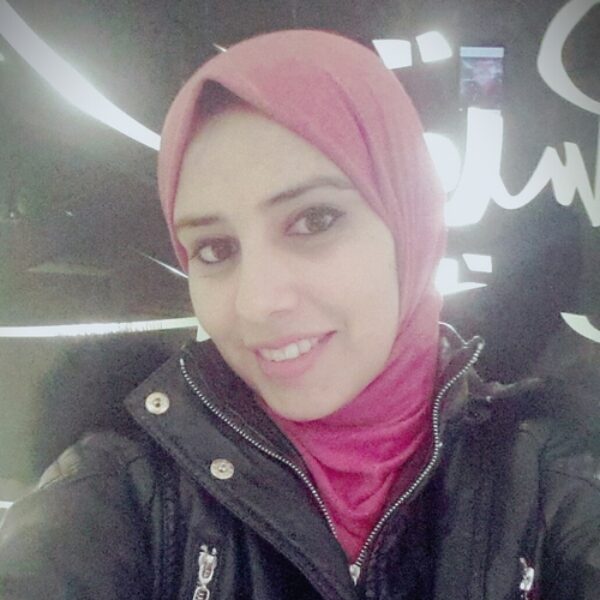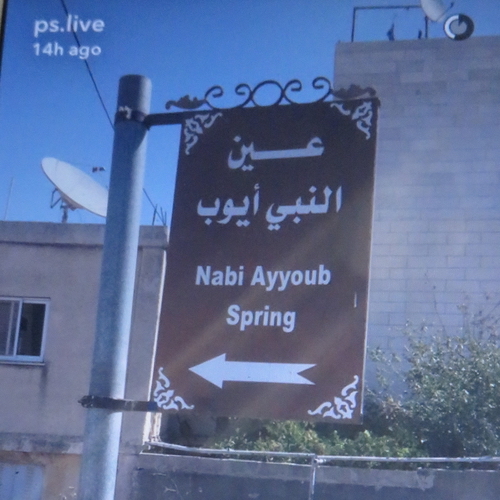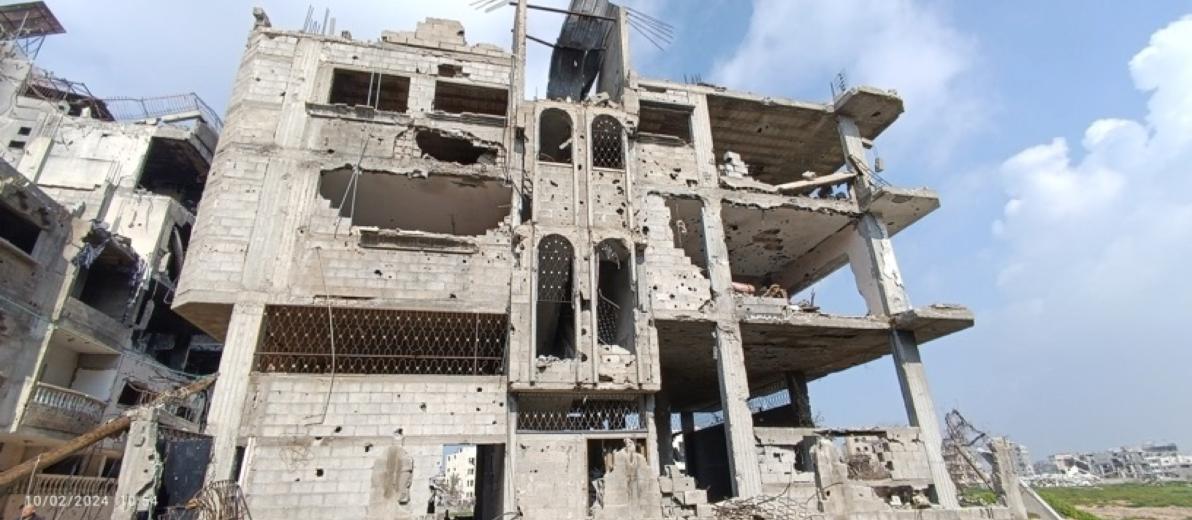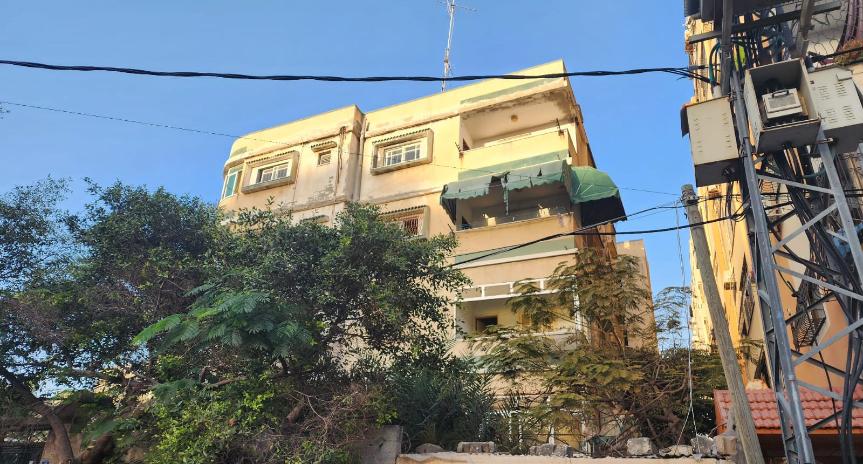Homesickness is an acute sensation of anxiety or sadness, caused when one is disconnected from familiar people and places. For most people, the separation is voluntary, the result of leaving home for pleasure or greater opportunities—to study, work or visit others. For Palestinians, it is a different story. As a result of the Nakba (“catastrophe”), which forced our ancestors to leave homes and land inherited from their parents to make way for Israel, we are scattered across different countries. We grow up hearing about the smells and tastes of our real homes, but in most cases are prohibited from returning despite numerous UN resolutions proclaiming our right.
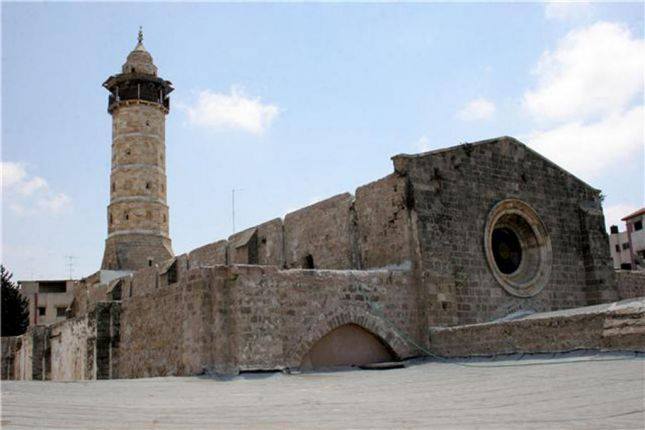
This homesickness is the strongest factor that ties us together. In exile, we still dream of returning to the land of our forebears even for a short visit—to kiss the ground and look at the houses that were taken by Jewish immigrants. We daydream as we imagine those houses the way our ancestors described them to us, before Israeli forces demolished them and built schools, museums and parks.
Memories of our homeland
I still remember the tears in the eyes of my friend’s grandfather when he shared memories of his home before it was taken by strange people. “We used to get up every morning, go to the farm, eat our breakfast among the olive trees, milk the goats or cows, make cheese and yogurt, then begin to tend to the land—either planting it or taking care of the plants until they reached maturity. We used to stay all day there. Our land was our life.” He moaned every time, I remember. I yearn to smell the blossoms of those trees he described, not just cry over memories.
Despite the decades that have passed, this yearning still lives on in the hearts of young Palestinians, and we are increasingly creative in our ways of challenging the occupation that keeps us from traveling. Since we now live in a digital world, we have virtual ways to transport ourselves. One of the newest is our use of the smart-phone app called Snapchat. You may know it only as the social media platform popular among adolescents and teenagers because of its crazy ways to “dress up” pictures and combine them with text—with your masterpieces “self-destructing” within hours of posting or sending. But Palestinians have found our own way to use it, allowing us to wander the countryside and villages we are not allowed to visit ourselves.
Escaping through…Snapchat
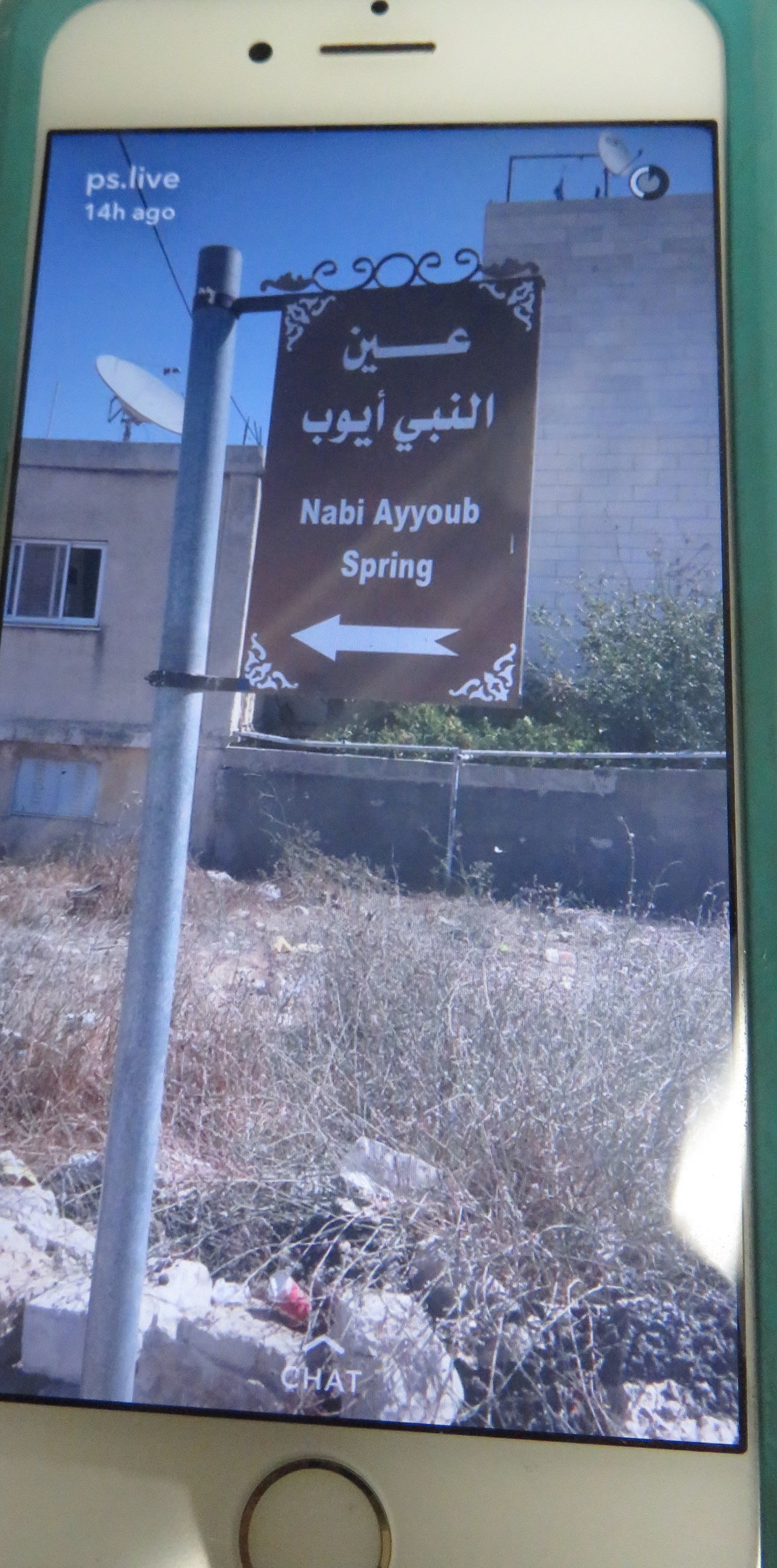
of the West Bank
In Gaza, where most of us are prohibited from traveling, photos and videos posted on Snapchat allow us to tour countries we dream of visiting. And we can post our own, to enable Palestinians who live outside to “visit” us. I remember the amazement of my friend from Deir Hanna in the northern Galilee when he “saw” Gaza for the first time through Snapchat: “Mona, I never imagined you have valuable places in Gaza!” he said. “I am so happy I know now that something beautiful like the great mosque and the Qissariya Market exist there. Let’s do more tours together!”
To allow others to have the same experience, an account was created on Snapchat by a group of Palestinian volunteers who live in many different cities, offering visitors a quick overview of each place’s history and the habits of its people. The team of the “ps.live” account also covers events related to the Palestinian cause or issues, such as festivals, conferences and exhibitions. Currently, the team is posting (in Arabic) as the members go on a 30-day trip throughout the West Bank. It may be virtual, but it is more realistic than imaginary trips!
Mustafa, a 22-year-old Gazan journalism graduate who has been unable to travel due to the 10-year Israeli blockade, told a local TV channel that he “escapes” using Snapchat: ‘’Yes, once through this I traveled to American farms and Great Britain. Yesterday, we were in Turkey.’’ The interviewer broke into laughter: “Hahahaha. I like that. ‘Yesterday we were in Turkey’.” Without Snapchat, it would be impossible.
Snapchat works like an anesthetic; it may soothe the craving temporarily, but we all know the pain is still there.
Mentor: Alice Rothchild
Posted October 16, 2016

